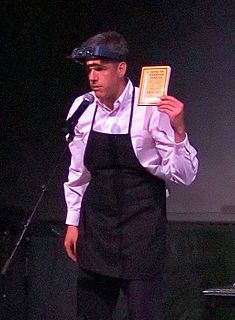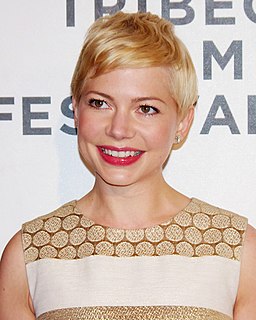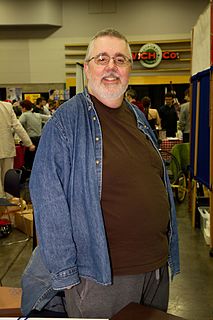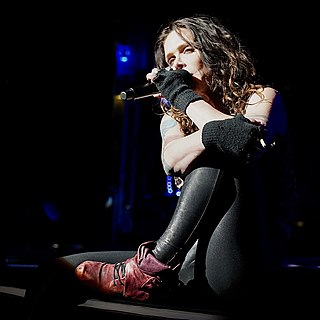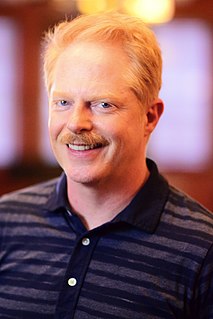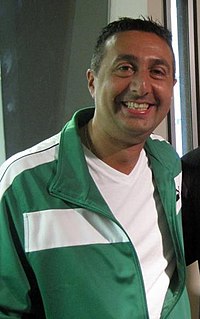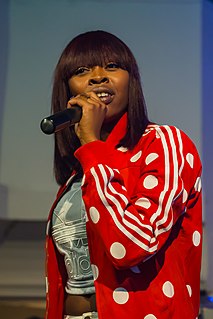A Quote by David Rees
Talking about my personal life onstage, I've realized I'm not one of those comics who can do that. I can allude to it but I don't want to be a confessional performer.
Related Quotes
I know I'm a grumpy old man, but I'm always more delighted by readers talking about the actual comics than people talking about how eager they are to have their favorite comics be "elevated" into another medium. Adaptations are great, but for me, comics have always been the destination, not a stepping-stone to get somewhere else.
When I realized that people actually wrote comics, that it was a job people could do, I thought, 'Gee, these things are only 17 pages long! I could probably finish one of those and find out whether I suck before I've spent five years of my life on it.' In stumbling into comics that way, I discovered that I loved the form.
You can write a whole fiction, and you're talking to people who have gone through that, in real life. But the truth of it is that when you're talking to those people, you don't care about your movie anymore. You just want to hear about what they have gone through. You want all of the details. It's amazing.
